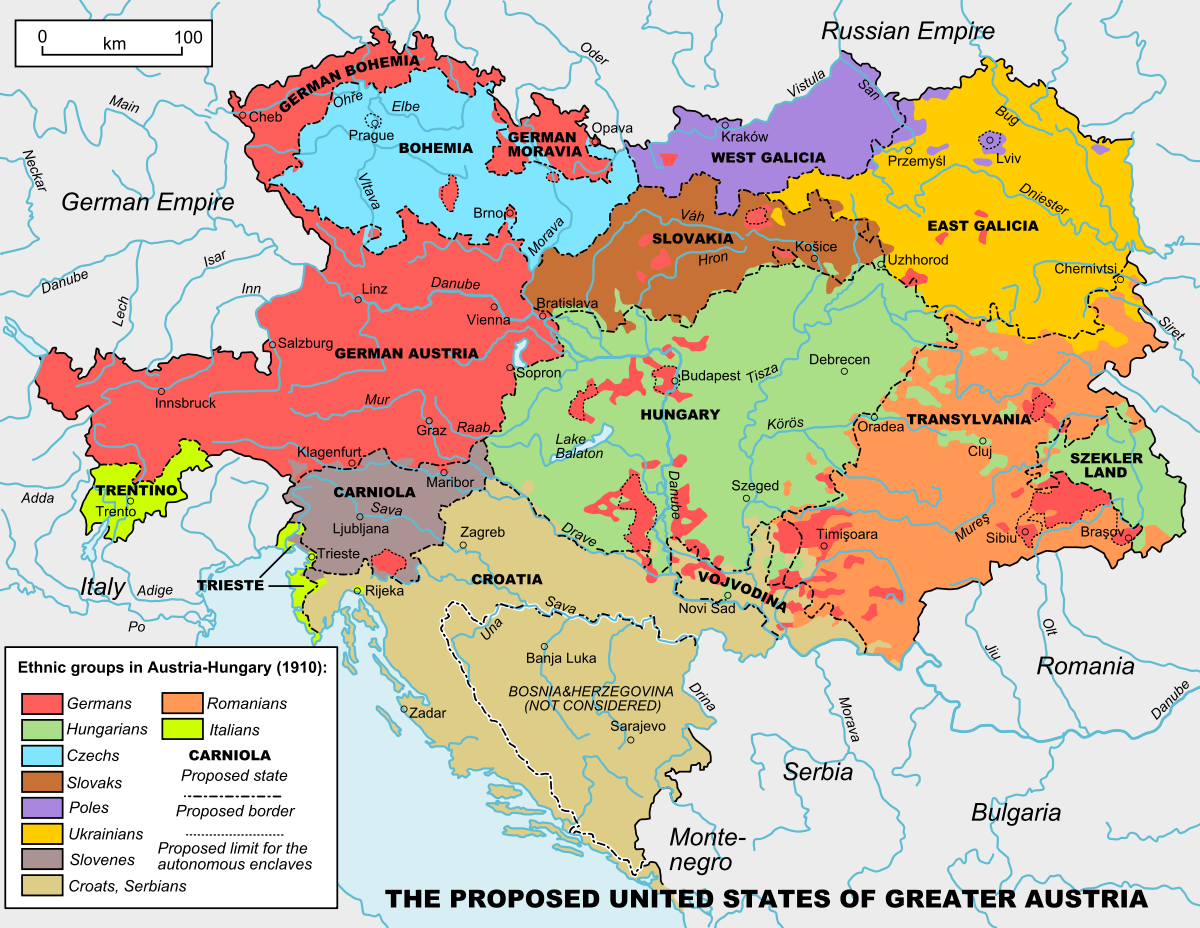The assassin was arrested on the spot. She was Ilona Duczyńska, a young half- Polish radical socialist.26 Hungary was shaken by the death of the man who was admired by many as a great patriot and statesman, and hated at least by as many. Speaking on behalf of the government at his burial, Jakabffy, who was a former follower of Tisza, said in an eloquent speech that the deep love the murdered statesman felt towards his country led him down an erroneous path; he thought that the territorial integrity of the country could be maintained only through the hegemony of the Magyars. In reality, the path to be taken was its opposite, by following the spirit of 1848 in order to harmonize and unify the interests of all the social and ethnic groups, to establish the genuine equality of all the nationalities of Hungary by recognizing them as partners. In this way, common economic and political interests could preserve the unity of the historical kingdom. The following day the prime minister spoke in the legislature. Recalling the stature and great achievements of the fallen leader, he pointed out that in 1848 Hungary had introduced the most democratic electoral law in Europe, but since then, instead of expanding it, those in power had only narrowed it, going against the spirit of the times and the spread of democracy. He reminded the House of Kossuth’s policies in exile, the proposal of a Danubian Confederation, the intentions of Deák and Eötvös with the 1868 Law on Nationalities, adding that the law could have been even better had an alternative bill submitted by Alexander Mocsonyi, a Romanian MP representing Temes county, been accepted. It proposed ‘to recognize the Romanians, Serbs, Slovaks, Rusyns, and Germans, besides the Magyars, as equal nations of the country, entitled to fly their own national colours on the public buildings of their region beside the flag of the Hungarian state. The counties, districts, and constituencies should be formed so as to reflect linguistic composition, by making them, as far as possible, ethnically compact, or at least having an absolute or relative majority for one national group.
In each administrative unit, the language of the majority would be the official language, but where there was a substantial national minority, its language could be a second official language. The Hungarian language would, however, be the common diplomatic language throughout the kingdom.’27 If the Hungarian parliament had accepted this wording, the prime minister argued, an agreement between the peoples of Hungary, the regnum Hungariae, could have been reached fifty years earlier. That was indeed the direction taken by the Parliament in a law passed in July 1849, and that was the position of Kossuth and László Teleki28 during their exile.
With the dramatic death of Tisza, passions unexpectedly subsided. Andrássy Jr, Tisza’s friend in youth and later political rival, made an abrupt about-face, calling for reconciliation within the Hungarian body politic and with the non-Hungarian nationalities. He assured the new king, Charles IV, of his loyalty, and proposed his early coronation. Károlyi and his party followed suit. The ceremony took place in the Buda Castle on 30 December 1918, before the imperial coronation in Vienna in the spring. The celebrations were solemn and calm, with strong security, organized again by Minister Bánffy. In the spirit of general reconciliation, the young ruler appointed Andrássy, who was a foreign policy expert, foreign minister of Austria–Hungary, placing him in the seat of his father, Gyula Andrássy Sr.
On 15 March, the day of the 1848 liberal revolution, Oszkár Jászi, the Minister for the National Minorities, submitted three bills on self-government (partly territorial, partly cultural) for the Slovaks, Rusyns, and Germans. The model was the cantonal system of Switzerland. A separate bill changed the borders of the counties (and the constituencies) so as to make them correspond, as far as possible, to the national composition of the population. In the overwhelmingly Romanian, Saxon, and Serb counties, cultural autonomy ensured the use of the language of the majority in the schools and in local government, naturally without restricting the use of Hungarian. After often heated debates, the House passed the new laws with overwhelming majorities. King Charles deliberately chose to endorse these laws on 11 April, the day when his predecessor approved the famous April Laws in 1848, the foundation of modern constitutional Hungary. The world press was full of praise for the Hungarians who had voluntarily given up their privileges for the second time since 1848. A leading article in The Times congratulated both the Hungarians and their minorities. It said that by recognizing the European mission of the Monarchy and their basic common interests, they had overcome the policy of national egotism, and with that, they called upon the peoples living in the other half of the realm of the Habsburgs to follow this example. According to the archives of The Times, the author of the article was the foreign editor, H. W. Steed.29 The National Széchényi Library holds his letter to Mrs Ferenc Hampel, née Polyxena Pulszky, dated 12 April 1918. ‘Dear Poly, I’ll never forget the warm welcome you gave me and Rose in your home seventeen years ago. I know that a few years later you were pained reading my critical reports of the Hungarian Coalition, because you felt they were attacks on your nation. The dramatic events of the last two years—I am confident—justified both of us: among the Hungarians the political acumen and responsibility which marked Deák, Eötvös, and the young István Tisza, have come to prevail. You, my dear Poly, your late father, your husband and sons were such outstanding representatives of that tradition. Fifty years after the Ausgleich, the wisest Hungarian leaders concluded with the dynasty and its Austro-German people, a new generation of gifted Hungarians have brought about an even more difficult compact with their own national minorities. That is what your respected father, Ferenc, and his friend, Lajos Kossuth, wished for in the years of their exile. It is now that the vision of the great István Széchenyi can be realized, so that the multinational Kingdom of Hungary’s future may be even brighter than its glory was in its best former periods.’30
The official name, ‘Austro-Hungarian Monarchy’ was maintained, but in the press of Europe (also in Hungary) and in public speech, the customary term was simply ‘the Monarchy’, or abroad often ‘the Central European Monarchy’. On the fifth anniversary of the coronation of Charles IV as King of Hungary, the Parliament— with a small majority—decided that the official name of their country would be Hungária Magyarországi Királyság. In German it would remain Königreich Ungarn, in French Royaume de Hongrie, in English the Kingdom of Hungary.



